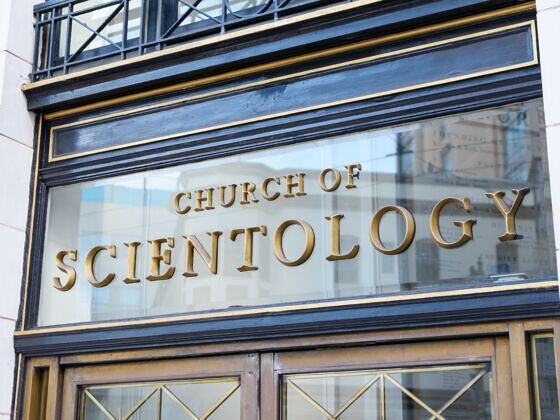Russia and Scientology haven’t had the most agreeable history. In 2001, the dominant Orthodox Church criticized the organization as being a dangerous “totalitarian sect.” Also included in that statement were Jehovah’s Witnesses, Unificationists, and Mormons.


Russian Court Bans Scientology Literature, Calls It 'Extremist'
Yeah, Scientology is weird, and has some PR issues to say the least. But from a legal standpoint it’s received a fair bit of sympathy from governments, including in 2007 when the European Court of Human Rights ruled that Moscow city authorities infringed on Scientology’s rights by repeatedly refusing to acknowledge and register it. Additionally, Belgium, Germany, and other European countries have received criticism from the U.S. State Department for passing laws to restrict its operations and monitoring its activities as a cult organization.
To be honest, if a friend of mine started preaching Hubbardism and sending checks to Tom Cruise, I’d try to personally intervene, not remove him from my Facebook friends. As with drugs, words, trans fat, and short skirts, once something gets banned it usually becomes increasingly desirable merely for its taboo status–and banned books are no exception.
Lastly, I think some of the books could make for nice novelty paperweights or decorative door-stoppers, especially given their cartoon cover art of erupting volcanoes and paradises connected by magical cloud bridges. But perhaps that’s how they’re reaching the children.